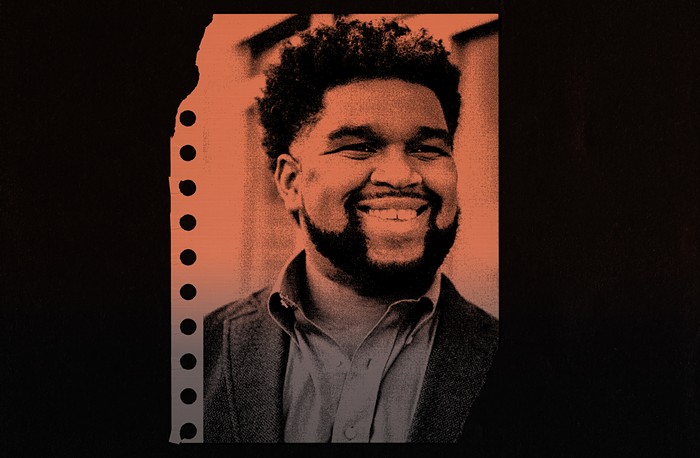
A research team at Deutsche Bank has noted a worsening digital divide for people of color, projecting that 76% of Black people and 62% of Hispanics could be underprepared for 86% of US jobs by 2045.
To remedy that, the team suggests that top tech companies invest $15 billion—less than 1% of the value they’ve gained since the start of the pandemic—in closing that divide. And while $15 billion may seem like a pretty sizable amount of money, consider how much more expensive the alternative would be, which is that the population could rise up and storm their offices with pitchforks and guillotines. Pricey!
According to the Deutsche Bank study, “Blacks and Hispanics are 10 years behind Whites in levels of broadband access.” That’s caused cascading problems beyond just employment—during the pandemic, for example, researchers found that the lack of connectivity contributed to people in minority communities having to travel more than people in white neighborhoods.
“Blacks had to venture out of their homes 135% more than Whites compared to pre Covid levels, during the riskiest of times across the cities,” they wrote.
So, that’s terrible.
But while big banks and tech companies are studying the problem, smaller organizations are actually doing something about it. Western Governors University, for example, has set up a scholarship program to bring online instruction to more of their students.
WGU entered the pandemic with a somewhat unusual advantage: They’re an online university, so they have over two decades of remotely connecting to students. And they didn’t need a bank report to tell them that America has problems with its infrastructure.
“A large barrier our students have is access to broadband internet access,” says Dr. Tonya Drake, WGU Regional Vice President Northwest and WGU Washington Chancellor. Whether it’s in rural communities without infrastructure or urban areas where broadband is expensive, WGU is working on a “social responsibility impact model” to bridge the divide.
For now, that's taking the form of scholarships to help pay for online access, but they hope to create community WiFi hotspots and send computers to students in the future.
“When I drive by the libraries, I see the cars of community members who are trying to access the hotspots near those structures,” Drake says. “It’s something very similar to that.” Though she acknowledges, “I do think we need a more systemic solution.”
Well, yes, that's putting it mildly.
Seattle and Washington have been making small gestures toward expanding universal broadband access. There's a local effort called Upgrade Seattle, which calls on the city to treat Internet access the way we already treat electricity; and Councilmember Alex Pedersen put forth an "Internet for All" resolution earlier this year. The city's IT department responded to the resolution this month, establishing an action plan for expanding access that's expected to start this year and last through 2023. And statewide, Microsoft and the Avista Foundation have installed hundreds of hotspots, mostly parking-lot-based.
The Deutsche Bank report concludes that a small effort by large tech companies to address inequality would “boost their long term prospects and returns,” which is certainly one way of looking at it—that it would be good for those companies’ bottom lines to be a little less racist.














